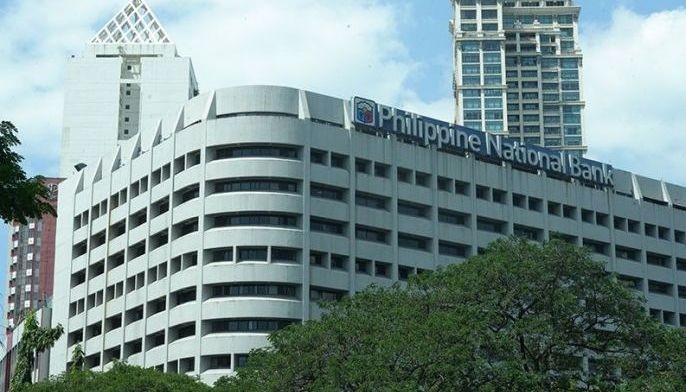When consumers are complaining about the Purchased Power Adjustment or PPA and a scandal is brewing over the Electric Power Industry Reform Act, it is easy to overlook the long history that the Manila Electric Co. is celebrating today. Few people remember that Meralco ushered the country into the age of electricity. Back then it was called the Manila Electric Railroad and Light Co. Founded by a Detroit entrepreneur named Charles Swift, Meralco was incorporated in New Jersey 100 years ago today.
As its name implied, Meralco was not just into electricity but also engaged in the electric cable car business. It was the start of the American colonial era in the Philippines, and the Manila municipal board granted a franchise to Meralco to furnish electricity to the city and its suburbs as well as operate an electric street railway system similar to the cable cars of San Francisco.
The Meralco tranvias quickly became popular. Later, Meralco fielded autobuses, which eventually became more numerous than the cable cars. By the time war broke out and the tranvias were destroyed, Meralco had shifted the bulk of its operations to the provision of electricity.
The end of the war also heralded the end of American majority control over Meralco. By the 1960s, the Lopez clan led by Eugenio Lopez Sr. had assumed the helm of the utility firm. The huge success of the company led to its seizure by the martial law regime in 1972. It took nearly two decades and a peaceful revolution before the Lopez clan regained Meralco. At the time, however, the combination of factors that would erupt into an acute power crisis in 1992 was taking root. That crisis was resolved, but at great cost to consumers, with the impact now being felt in the form of the PPA.
Meralco’s growth is a reflection of the nation’s progress; the company now has 3.8 million customers in 22 cities and 89 municipalities. Although beset with problems, including accusations of overcharging its customers, the company has much to celebrate as it marks its centennial today. In mapping out its future, the company must balance its need for viability with the public service that has been its trademark for much of its existence.


